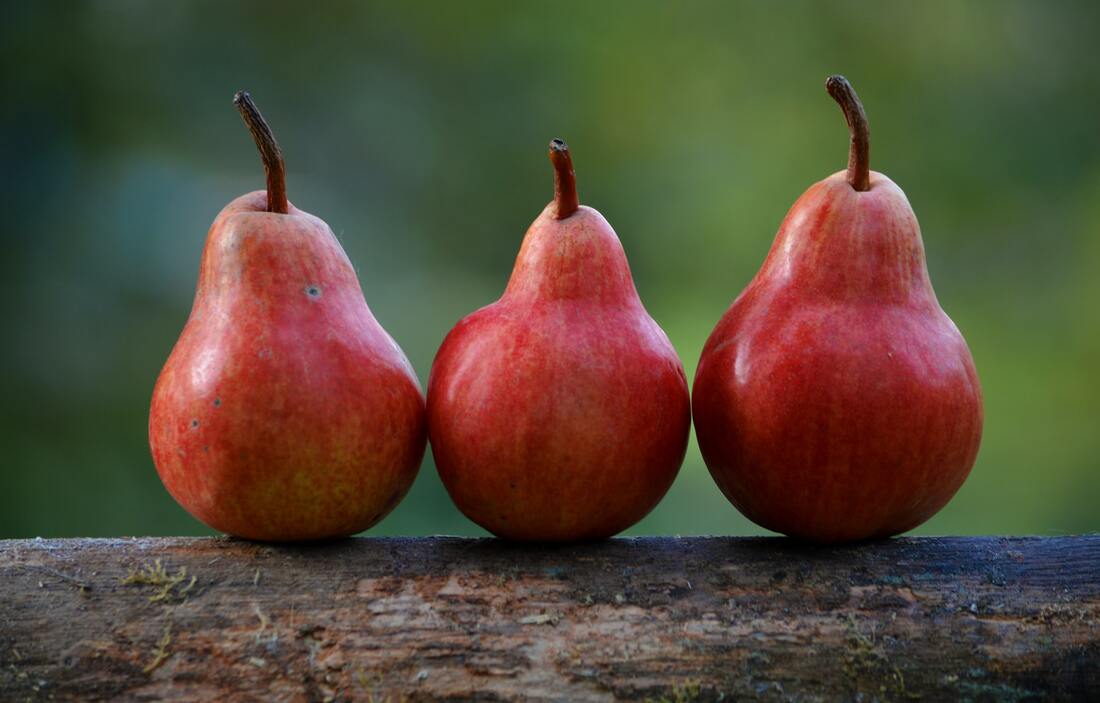
Photo by Shumilov Ludmila on Unsplash
Three Types of Process Theology:
Empirical, Speculative, and Rationalist
In the essay below, originally published in 1990, Delwin Brown and Sheila Davaney give a broad overview of process theology and its methodological alternatives. Their thesis is that there are three major traditions: empirical process theology, speculative process theology, and rationalist process theology. The three are represented by Bernard Meland, Cohn Cobb, and Charles Hartshorne, respectively. The article appeared in Process Studies, pp. 75-84, Vol. 19, Number 2, Summer, 1990. The material was prepared for Religion Online by Ted and Winnie Brock and is republished in Open Horizons with permission from Religion Online.
Process theology is in process. As the 21st century unfolds, process theology is being developed by people from all over the world, not in the West alone and not by white, male, middle class, Christian-leaning theologians and philosophers. Some of the leading edges of process theology are Jewish Process Theology and Chinese (Daoist, Confucian) Process Thinking as developed in China. Moreover, process theology now has its theopoetic as well as theological expressions, as it (process theology) is being articulated in poetry, literature, music and the arts, not in prosaic language alone. The Cobb Institute for Community and Practice has, for example, a Poet Laureate and Musician Laureate, both of whom articulate process perspectives in artistic ways. And, for many, it (process theology) is rightly directed, not toward clarity of mind alone, but toward the well-being of life on earth and toward the creation of just and compassionate societies. See, for example, the mission statement of the Cobb Institute for Community and Practice. Finally, and importantly, process theology today is not always about God. It never has been; see the work of the empirical tradition. But now, even more than in the past, process theology includes people who are more interested in a process worldview, with its emphasis on relationality and the intrinsic value of life, than in speculations about God's nature and existence.
This is not to say that the three strands are replaced by something entirely new, but rather that they, too, are evolving. In the ongoing flow of process theology, there is plenty of room for all three, within and outside academic worlds. You might think of process theology as a river with three tributaries, often intersecting but with their own unique qualities. Brown and Davaney present the origins of each tributary.
- Jay McDaniel, 4/21/22